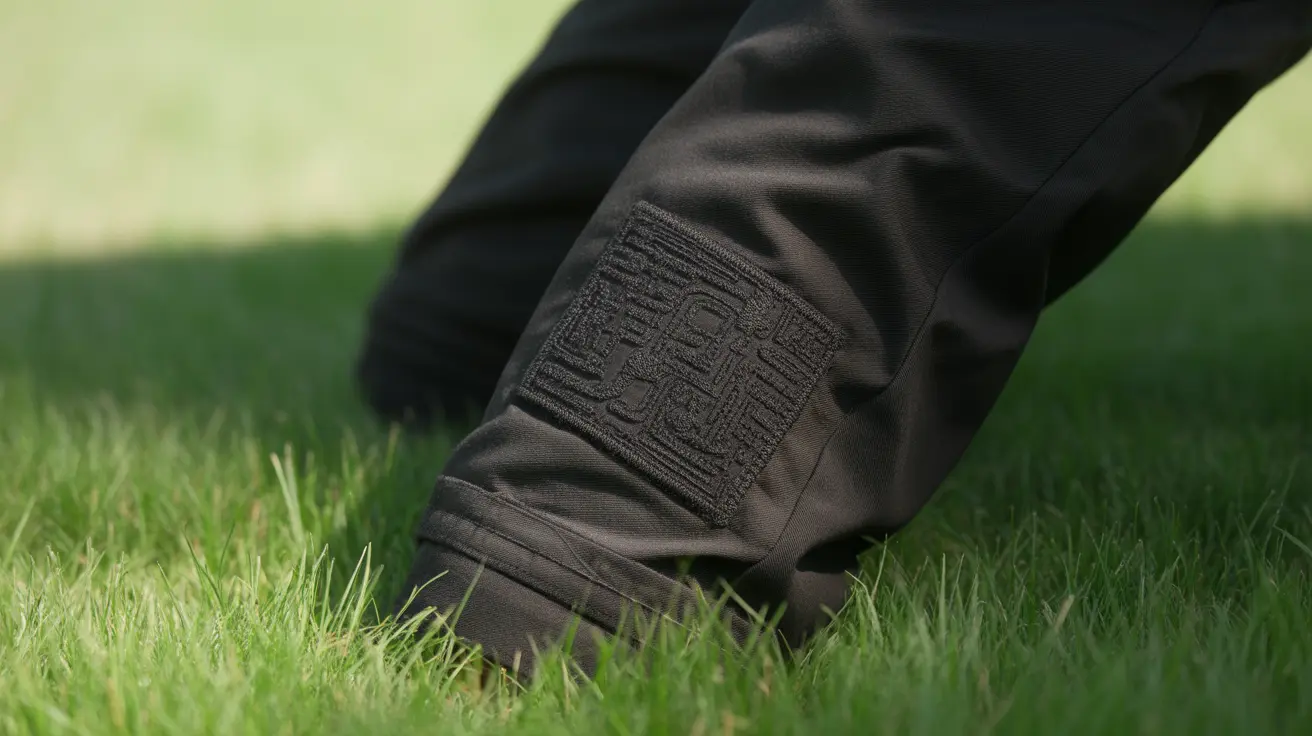Understanding the Most Common Skin Cancer in Dogs: Mast Cell Tumors
Skin tumors are among the most frequently diagnosed cancers in dogs, and while many are benign, some can be aggressive and life-threatening. Among them,
mast cell tumors (MCTs) are recognized as the most common malignant skin cancer in dogs, accounting for up to 20% of all canine skin tumors.
What Are Mast Cell Tumors?
Mast cells are specialized immune cells involved in allergic reactions and inflammatory responses. When these cells become cancerous, they form tumors known as mast cell tumors. These growths can appear almost anywhere on a dog’s body and present a broad spectrum of clinical behaviors—from benign to highly aggressive.
Appearance and Symptoms
MCTs can be deceptive as they often resemble innocent-looking skin issues, such as warts or tags. However, their potential to grow quickly and change characteristics makes them dangerous if left untreated.
Common symptoms include:
- Raised, red, or ulcerated lumps
- Swelling and inflammation
- Localized itching
- Vomiting or stomach ulcers
- Lethargy or systemic illness (in severe cases)
High-Risk Dog Breeds
Although any dog can develop mast cell tumors, some breeds have a higher predisposition:
- Boxers
- Boston Terriers
- Bulldogs
- Pugs
- Rhodesian Ridgebacks
- Golden Retrievers
- Labrador Retrievers
- Mixed breed dogs, especially older ones
Grading and Diagnosis
To determine the severity of a mast cell tumor, a veterinarian will typically perform a
fine needle aspiration (FNA) or
biopsy. The results help determine the tumor's grade:
- Low-grade: Less aggressive and more likely to be cured with surgery alone.
- High-grade: More serious, with a higher chance of recurrence or metastasis.
Pathologic analysis is critical in identifying the stage and guiding the treatment plan. Advanced imaging such as X-rays or CT scans may be used for staging.
Treatment Options for MCTs
Surgical removal is the cornerstone of mast cell tumor treatment. The goal is to remove the tumor entirely with “clean margins” to prevent recurrence. Additional treatments might include:
- Chemotherapy for aggressive or metastatic cases
- Radiation therapy for tumors in difficult-to-operate locations
- Antihistamines to control histamine-related symptoms
In cases caught early and treated properly, the prognosis for dogs with low-grade MCTs is excellent. Dogs can live long, healthy lives post-treatment. However, high-grade tumors may require more aggressive and prolonged treatment.
Other Common Skin Cancers in Dogs
Though mast cell tumors top the list, several other skin cancers are worth noting:
- Malignant melanoma: Often found in the mouth or nail beds
- Squamous cell carcinoma (SCC): Sun exposure is a key risk factor
- Histiocytic tumors: Common in young dogs, often benign
- Fibrosarcoma: Connective tissue tumors that are locally invasive
Prevention and Early Detection
Early diagnosis significantly improves treatment outcomes. Pet owners should routinely check their dogs for:
- New lumps or bumps
- Changes in size, shape, or color of existing growths
- Sores that don’t heal
- Behavioral changes like excessive itching or lethargy
Because some tumors are associated with sun exposure, limiting your dog’s time outdoors during peak sunlight hours can help reduce the risk of certain cancers like SCC.
Conclusion
Mast cell tumors are the most common type of malignant skin cancer in dogs. While many are manageable with early intervention and appropriate treatment, their varied appearance and potential aggressiveness make timely veterinary diagnosis crucial. Dog owners should remain vigilant about skin changes in their pets and seek prompt veterinary evaluation to ensure the best possible outcome.





